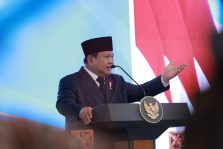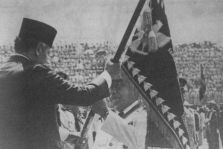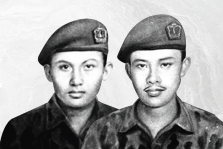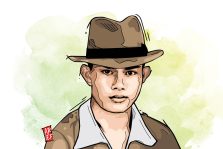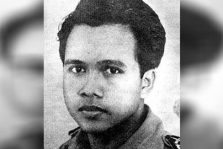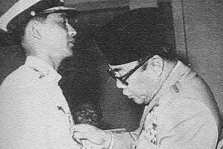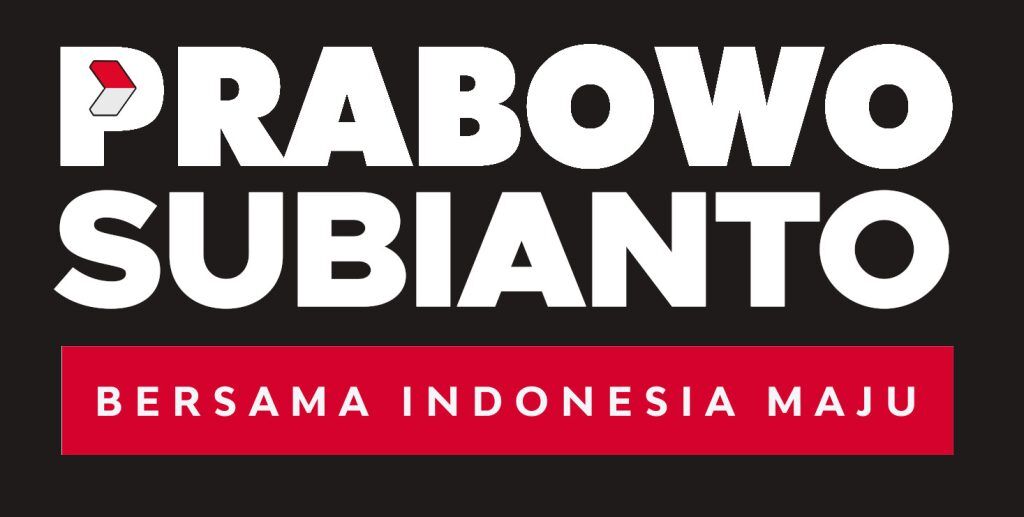He is a calm, brave, and level-headed person. He was not afraid to give directions to us even though we had higher ranks. Even in the Battle for Lebos, he was at the forefront. He crawled through enemy territory. Without shooting, he seized their weapons and broke their necks in the darkness of the night. We witnessed everything ourselves.
He’s a very superior NCO. I felt that I was educated and trained well by him, not in training but on the battlefield. I will never forget such an experience.
Finally, I concluded that soldiers who excel on the battlefield usually have an advantage in peacetime, i.e., excellent martial arts and shooting ability. Those are two very basic skills to be mastered by an army soldier.
Among the NCOs who influenced me the most was Haruman. I got to know him as a Platoon NCO in Group 1 Para-Commando with the rank of Master Sergeant (SERKA). He was a black belt holder in karate. He was also a Merpati Putih Pencak Silat senior trainer, specialising in barehanded pencak silat (Indonesian traditional martial arts) techniques. He was a great athlete, a good swimmer and a runner. He was good at shooting and well-versed in anti-guerrilla tactics and fighting techniques.
We were not in the same company, but we were together in Group 1 Para- Commando. He helped us train the officers in karate, Merpati Putih (iron body technique), and shooting exercises.
Even though he was not in my team, nor my platoon and my company in the Team Nanggala 10 deployment to East Timor in 1976, I crossed paths with him several times in the field.
In some operations, I had the chance to fight together with him. I forgot the details, but what I remember was that we were at the battlefront together. We spearheaded the movement of the troops.
I remember very well, once a gunfight with the enemy broke out, he taught me the shooting-while-moving technique. He would whisper to me to catch up when he reached a particular tree. After he got there and started shooting at the enemies, I would sprint to reach another tree protected.
He was calm, brave, cool, and is not afraid to give us advice even though we had higher ranks. In the operation to capture Lebos, at that time rumoured to be the last bastion of the enemy leadership, he was at the forefront. He crawled up to the enemy’s guardpost. Without firing a single bullet, he seized the sentry’s rifle and snapped their neck in the veil of darkness. We witnessed everything with our own eyes.
Haruman was an exceptional NCO. I felt that I was being educated and trained by a professional and exemplary NCO. Not in a training context, but real combat in field operations. I will never forget such an experience.
I concluded that soldiers who excel on battlefields usually excel in peacetime, especially in martial arts and shooting. Those are two very basic skills that all Army soldiers have to master. For young officers who would aspire to be good command officers, you must train your men in martial arts and marksmanship. If they shoot well and are good martial artists, they will be good soldiers. Bravery must be taught and ingrained in men by realistic training. Martial arts train men to be brave, to be able to overcome fear and withstand pain.


